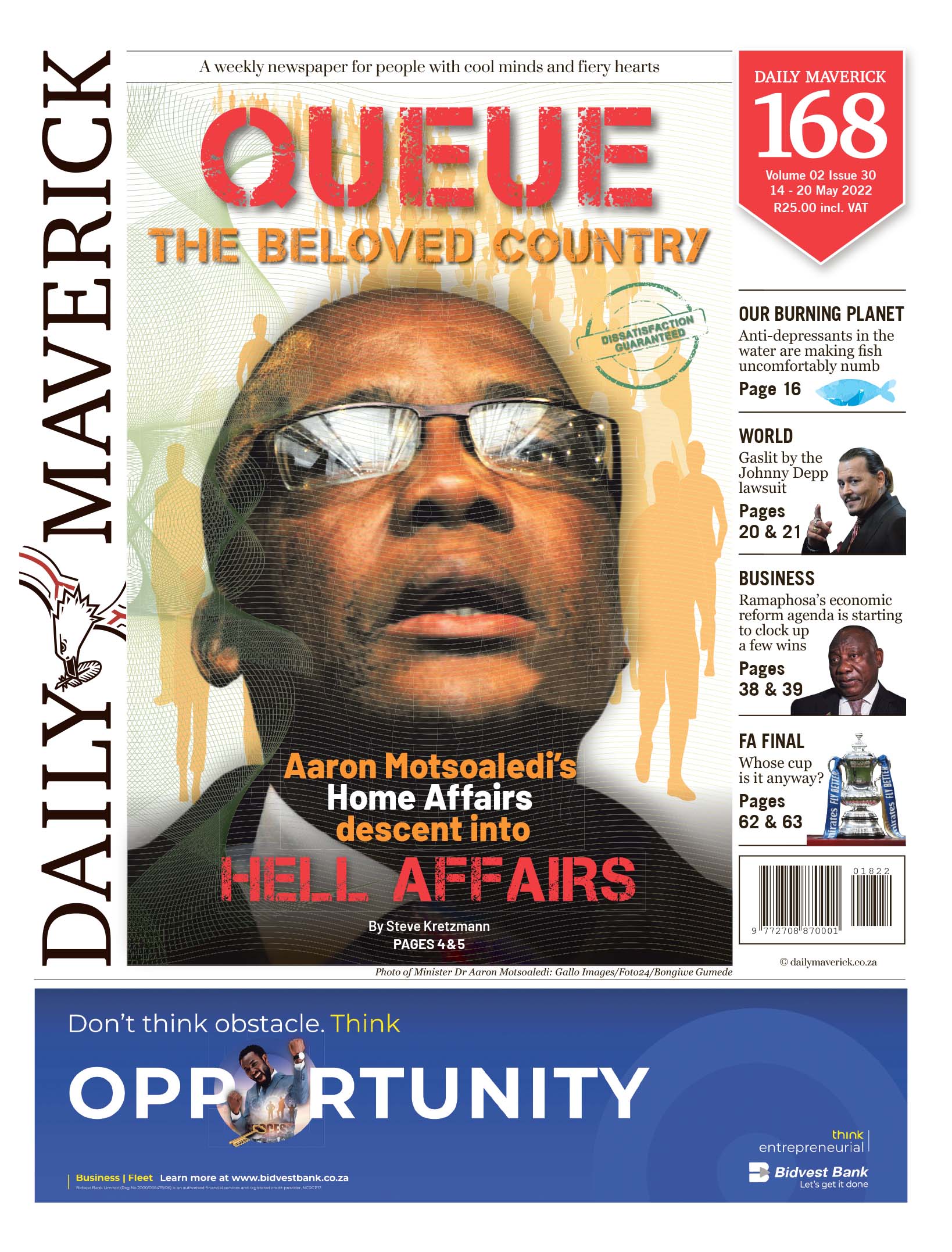PERSONAL FINANCE
Four common mistakes that could jeopardise your retirement planning

You’re probably going to live longer than your parents, but have you stopped to think about what that means for your retirement planning?
According to the South African Medical Research Council, the average life expectancy in South Africa is only 64.7 years. However, British economist and world-leading expert on longevity Andrew J Scott says we need to start planning for a life that will last to the ripe old age of 100. If you retire at 65, that would mean a retirement period of 35 years – almost as much time as you spent working if you started earning a salary at 25!
These are the common retirement planning mistakes that you should try to avoid:
1. Underestimating how long you will need your retirement income to last
Bjorn Ladewig, head of distribution at retirement income specialist company Just SA, says research from Just SA reveals that 60% of people in or approaching retirement are unsure of whether their income will cover their monthly expenses throughout retirement.
Instead of planning for a 20-year retirement period, ask your financial planner to draw up different scenario plans in which you live for 20, 30 or 35 years past retirement age. Your planner can ensure that you are saving sufficiently or come up with a feasible retirement plan. Pensioners are increasingly continuing to work post-retirement, and a side hustle or freelance work can bolster your retirement income.
Shaun Duddy, product development manager at Allan Gray, says, to give yourself a 90% chance that you will not outlive your planning horizon, those with living annuities should plan for approximately 40 years at age 55 through to 10 to 15 years at age 85.
2. Placing too much importance on a capital legacy
Ladewig suggests that, rather than being conservative in order to leave money to heirs, you should focus on reducing your risk of depending on your loved ones later in life. This means ensuring that your retirement income is guaranteed to at least cover your essential expenses.
3. Believing it’s all or nothing
Most people think you must either put all your money in a living (flexible) annuity or a life (guaranteed) annuity. A living annuity allows you to draw down an amount each month – between 2.5% and 17.5% – and you can change your drawdown rate annually. This is a product typically designed for a very disciplined investor. A guaranteed or life annuity is one that allows you to agree to a fixed monthly amount and you can stipulate the period over which this will be paid out – 20, 30 or 35 years. However, Ladewig says you have a third choice: to mix the two with a blended annuity approach. “Income from the life annuity component gives you sufficient peace of mind and liquidity to fund your essential expenses for day-to-day living. The remaining living annuity assets can be invested to provide long-term capital growth,” he says.
4. Withdrawing from your retirement savings to address current shortfalls
On the back of Covid-19, and the widespread financial difficulties that many people experienced as a result of two years of lockdowns, thousands of South African employees opted to or were forced to resign from their jobs and proceeded to cash out a portion, or all, of their retirement savings.
Elize Giese, chief executive of employee benefits at FNB, cautions that this line of action has significant tax implications if you choose to take your benefit as a lump sum. “You will only receive a tax-free amount of R25,000 and the remainder of your benefit will be taxed on the withdrawal benefit tax table,” she explains. “But more concerning is the fact that you will probably never be able to fully make up the savings you withdraw during the rest of your career, which means that you are … dashing your hopes of ever being able to retire with financial security.”
Giese says that, when you withdraw your retirement savings early, you are not just taking money from your retirement, you are also taking time, which means you lose out on the growth and compound interest that money would have earned if it had stayed invested until your official retirement date. DM168
This story first appeared in our weekly Daily Maverick 168 newspaper, which is available countrywide for R25.




















 Become an Insider
Become an Insider
Comments - Please login in order to comment.